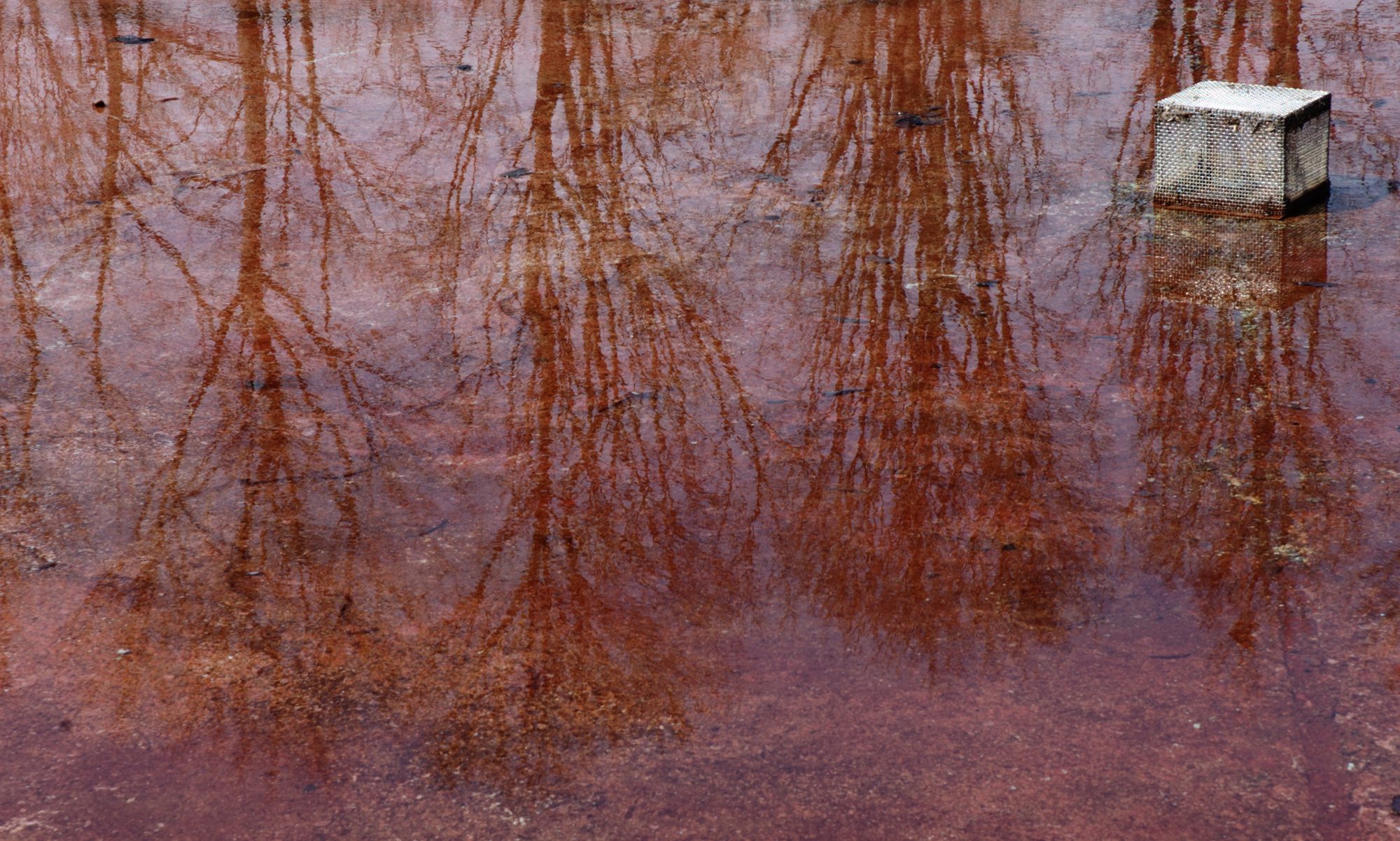There’s no way to summarize this year, so I won’t start.
Stripping things down to studs, I’m thankful for my health, no matter that I still sometimes push myself too hard because of stubborn habits; that said, 2020 was largely injury free, which I mostly attribute to taking core exercises seriously. My running times have markedly improved, as well as my ability to be patient with myself (e.g. anxiety about my ability to finish whatever running circuit I’ve chosen, no matter that I almost always finish them). I blame/thank guitar lessons, which have forced me to find patience with myself, that is if I was ever going to continue with them (with thanks to my instructor, Michael, who recognized this and talked me down from getting frustrated with myself on a couple of occasions). I wish the process of being patient was as simple as allowing myself to expect long-term as opposed to short-term results — easy, right? But, with me at least, it can also be a frustration with myself on a deeper level. So, with guitar, to find a way to come to terms with that in an intentional way that incorporates regular practice (which means good days, bad days, ugly days — all of which are ok and inevitable, right?) is a gift and a privilege as much as it is also, in every sense of the word, work. I don’t do gratitude posts, but I am grateful to have had, in this year of years, the ability to pay my bills and still have the time (and ability) to write and, less successfully (at least with fiction) read.
It can be weird to acknowledge one’s growth in a year during which there has been so much death and ignorance, and so much terrible news, while so many of our elected leaders are more focused on the next election rather than the human cost of the pandemic in front of them. I wrote earlier in the year about paying attention to the precedents that the pandemic ushers in, and I feel it’s still important, though increasingly the precedents seem retrograde rather than progressive or humanitarian. All I can do is stay informed and continue to support those who put the the general good before the economy.
2020 made me think closely about volunteering time and money, both of which I did widely, whereas in the past my efforts were typically cause-specific. It made me think about why in the past it’s been easier for me to donate to large, recognized charities which issue me a tax receipt at the end of the year than, say, the GoFundMe drive for something smaller yet no less important (like 1492 Landback Lane) which, because the latter is community driven, stays off the radar of those who would otherwise donate if the same tax relief applied. I understand there are many reasons for this, but 2020 made me want to support local initiatives (involved with food scarcity, shelter, etc), and the advantages of larger/mega charities who can hire PR teams to write altruistic ad copy suddenly seems a baked-in advantage, as the WE scandal showed. In other words, it’s not fair, morally speaking equitable.
I wrote a lot this year, and I managed to land at least two publication deals for short stories. My next novel, Radioland, looks to be finding a home shortly — look for an announcement in January. And yet nearly all of my writing this year has been related to my 3rd novel, which, owing to the pandemic and how it affected as much where as how I wrote, allowed me to get out of my areas of comfort. As a result I ended up writing more, substantially more, in each of my writing sessions (though I still give myself a break if I’m at an impasse and just need to freeform/sketch some stuff). I would love to have a complete(ish) first draft of novel #3 done before I go into heavy revisions on Radioland, but I’m thinking that’s a bit of a pipe dream. We’ll see.
My work as a psychotherapist was exhausting, and yet I probably did some of my best work with clients this year. This as my practice was indirectly affected by the economic effects of the initial lockdown and ensuing health measures. I lost (at least temporarily) a decent chunk of my business. That said, I’m grateful to be able to cover my expenses. Working virtually with clients became more necessary, and while my ability to engage virtually with clients for prolonged hours of the day improved as the weeks proceeded after lockdown, I still feel that in-person talk therapy is the gold standard, albeit one that many aren’t able to partake in at the moment, due to health concerns or financial disruption. And if I read one more Is The Future of Therapy Online? thinkpiece I will put my fist through a wall. In 2020 I increased my involvement in raising awareness of how white psychotherapy in Toronto is, and how it needs to (literally) make room for financially disadvantaged and racialized individuals, so that the BIPOC community may see themselves better reflected when they are seeking help. I wish to push that one harder in 2021.
Oh, and I turned 50. It’s the new 40, apparently. Yes, I would’ve preferred a 50th blow out party at a favourite bar with friends. I still had a grand, if isolated, time in PEC with my partner, Ingrid.
I don’t know who comes to this blog. What I write is diverse, sometimes niche, often somewhat politicized, so I imagine my readership reflects this. Though it may sound odd when applied to any other, I hope you had a steady year, and I hope 2021 gives us the opportunity to be with those we love once we’re all vaccinated.
Be well.


